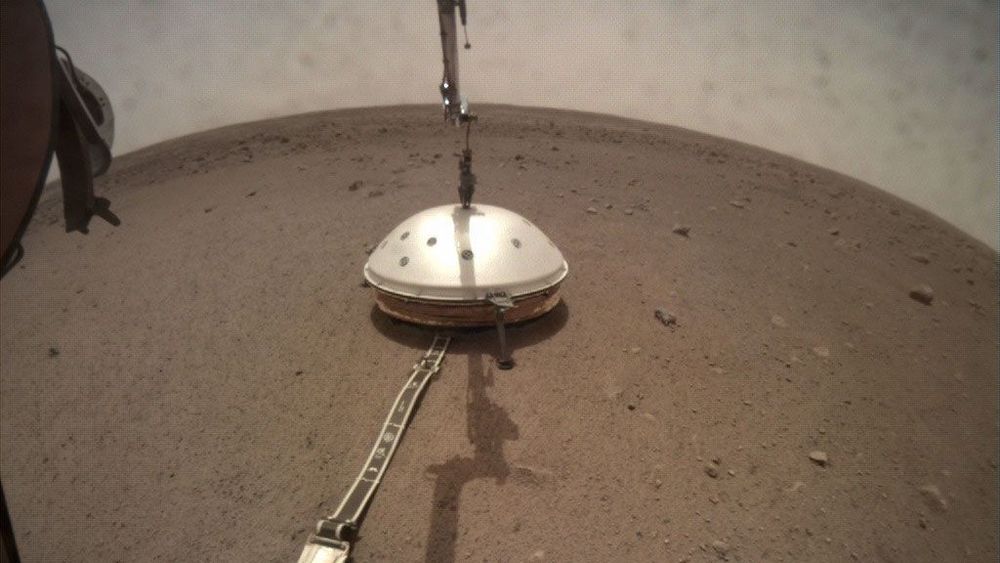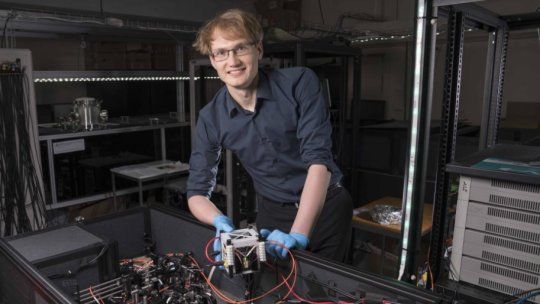After three decades, the Pentagon is betting big on their belief that a dream of the Star Wars initiative may now be closer to a practical concept.




Storms that stir sediment like watercolors. Chunks of ice that arrange like mosaic tiles. And swaths of desert sand that layer like oil paint. We have compiled a book of awe-inspiring NASA Earth satellite images. Discover the beauty of our 4.5-billion-year-old planet: https://go.nasa.gov/2JikEvm



This is something near and dear to me.
The Out Astronaut Project is a collaboration between Stardom Space and Project PoSSUM to address the under-representation of Lesbian, Gay, Bisexual, Transgender, and Queer (LGBTQ) people in science and space. We highlight the contributions of LGBTQ members currently working in science and space and provide grants to promising LGBTQ students currently pursuing professions in space-related fields.

Scientists in India observed the highest-voltage thunderstorm ever documented with the help of a subatomic particle you might not hear much about: the muon.
The researchers operate the GRAPES-3 telescope, which measures muons, particles that are similar to electrons but heavier. Specifically, the Gamma Ray Astronomy at PeV EnergieS Phase-3 (GRAPES-3) muon telescope measures high-energy particles from outer space called cosmic rays. It typically picks up 2.5 million muons each minute, mapped on a 13-by-13 grid across the sky. But during thunderstorms, it experiences quick changes to the amount of muons it receives. The GRAPES-3 researchers added electric field monitors to the experiment, and devised a way to turn these muon fluctuations into measurements of the voltage of passing storms.
The Shelton family from Texas sent their first bouquet in 1998 after the Challenger disaster. And they haven’t stopped since.


Today is National Agriculture Day! From enabling higher crop yields to maximizing every drop of water for farmers, NASA is working to help transform the agriculture industry. Check out some of the farming tools that have roots at NASA:
Growing plants can be tough, whether you’re on a spaceship or Earth. A special fertilizer made it easier for astronauts on the International Space Station and farmers down below, resulting in just one of the space program’s many contributions to agriculture.
Numerous farming tools have roots at NASA. Over the years, companies large and small have partnered with the agency, honed technologies and delivered innovations to benefit the industry. These are just a few examples: